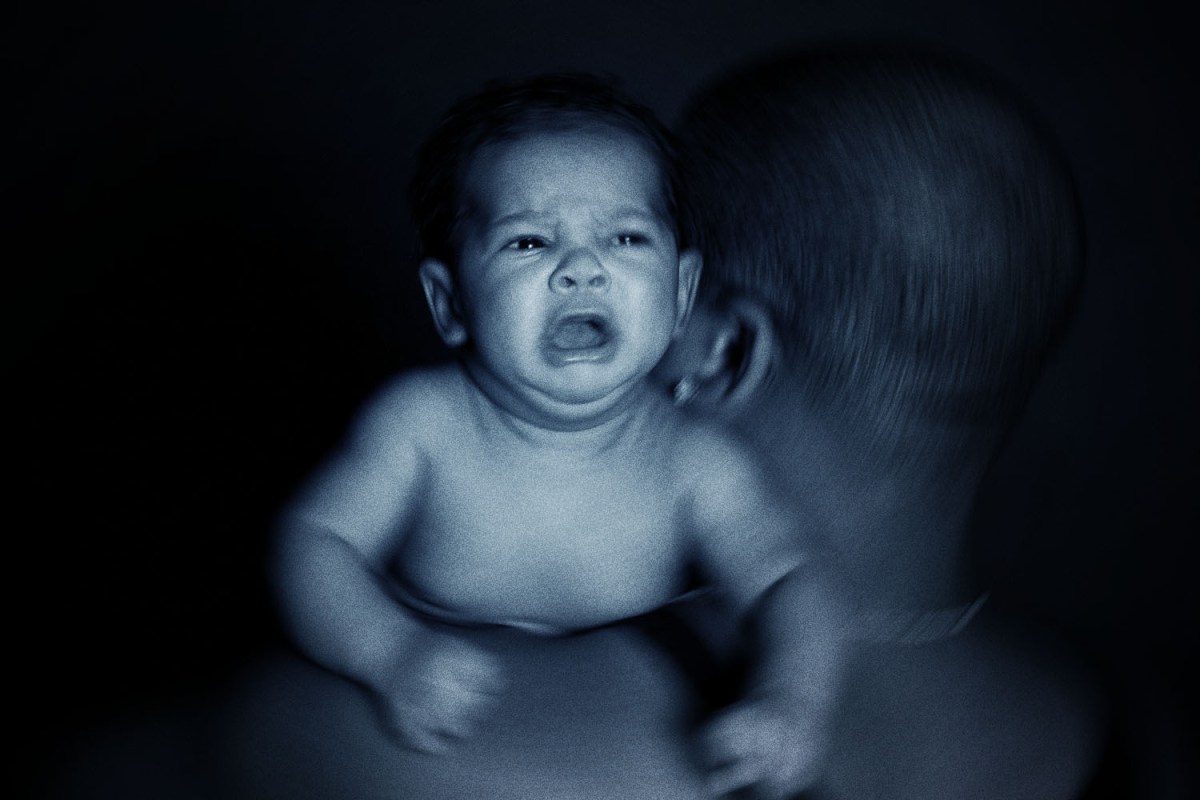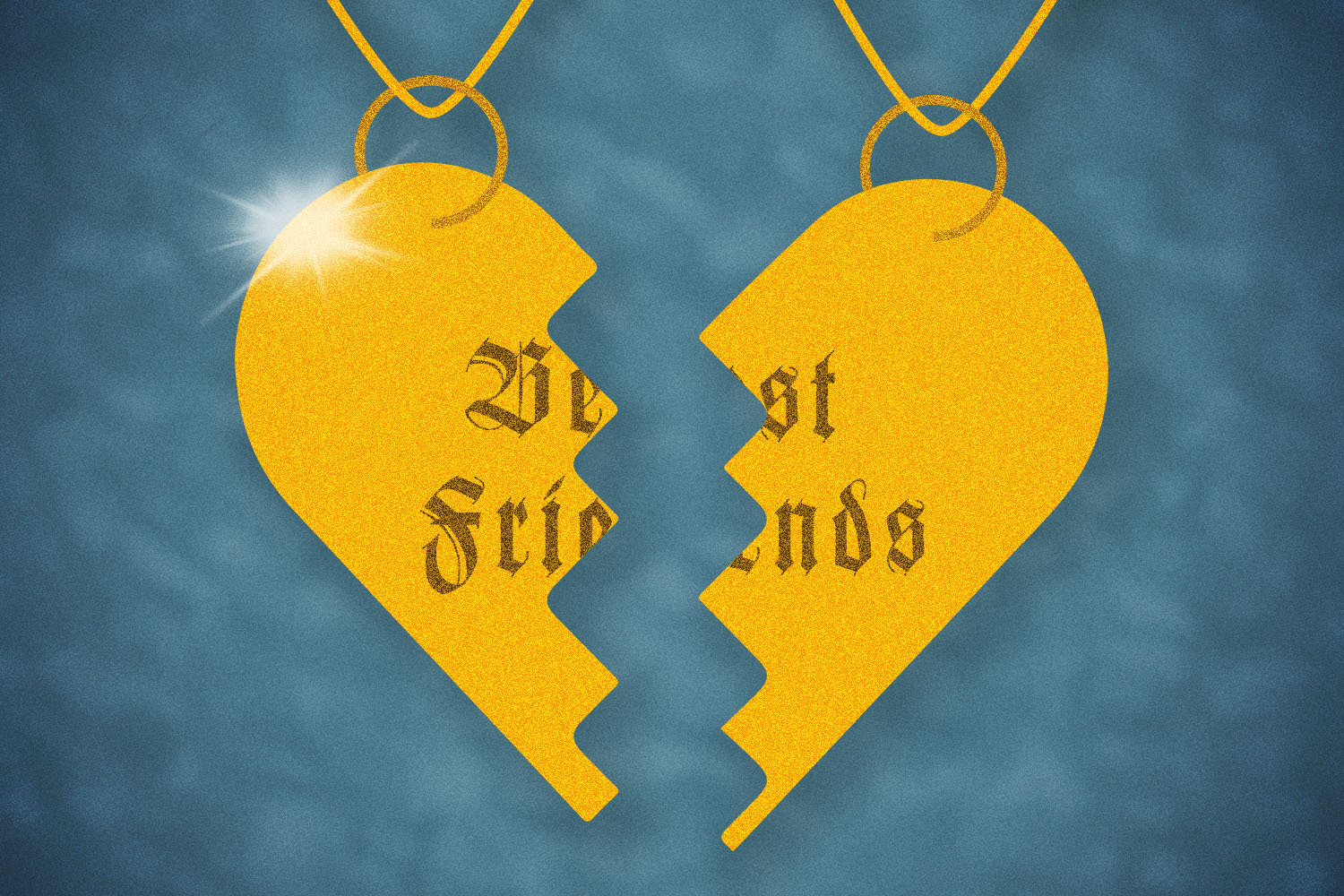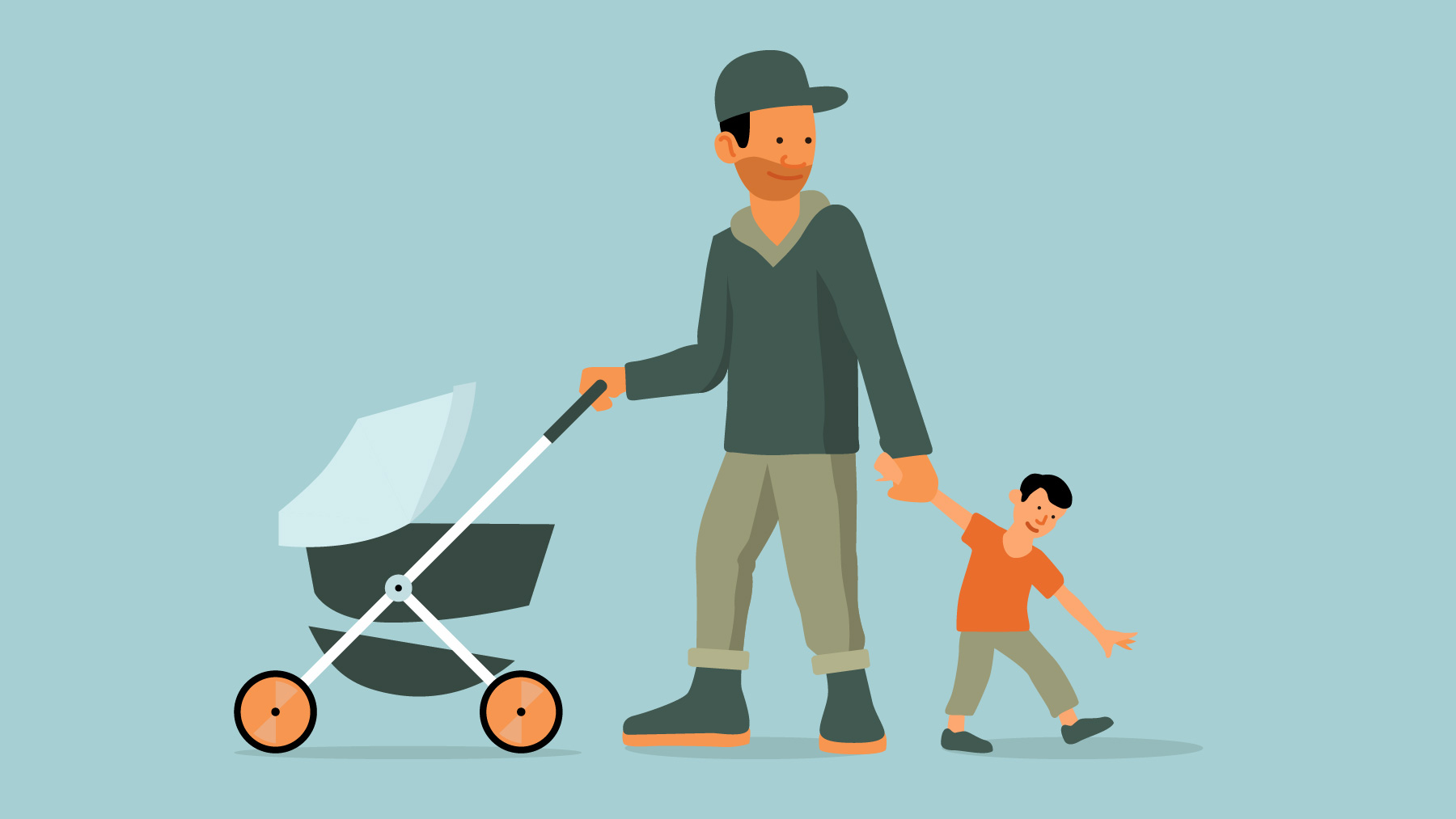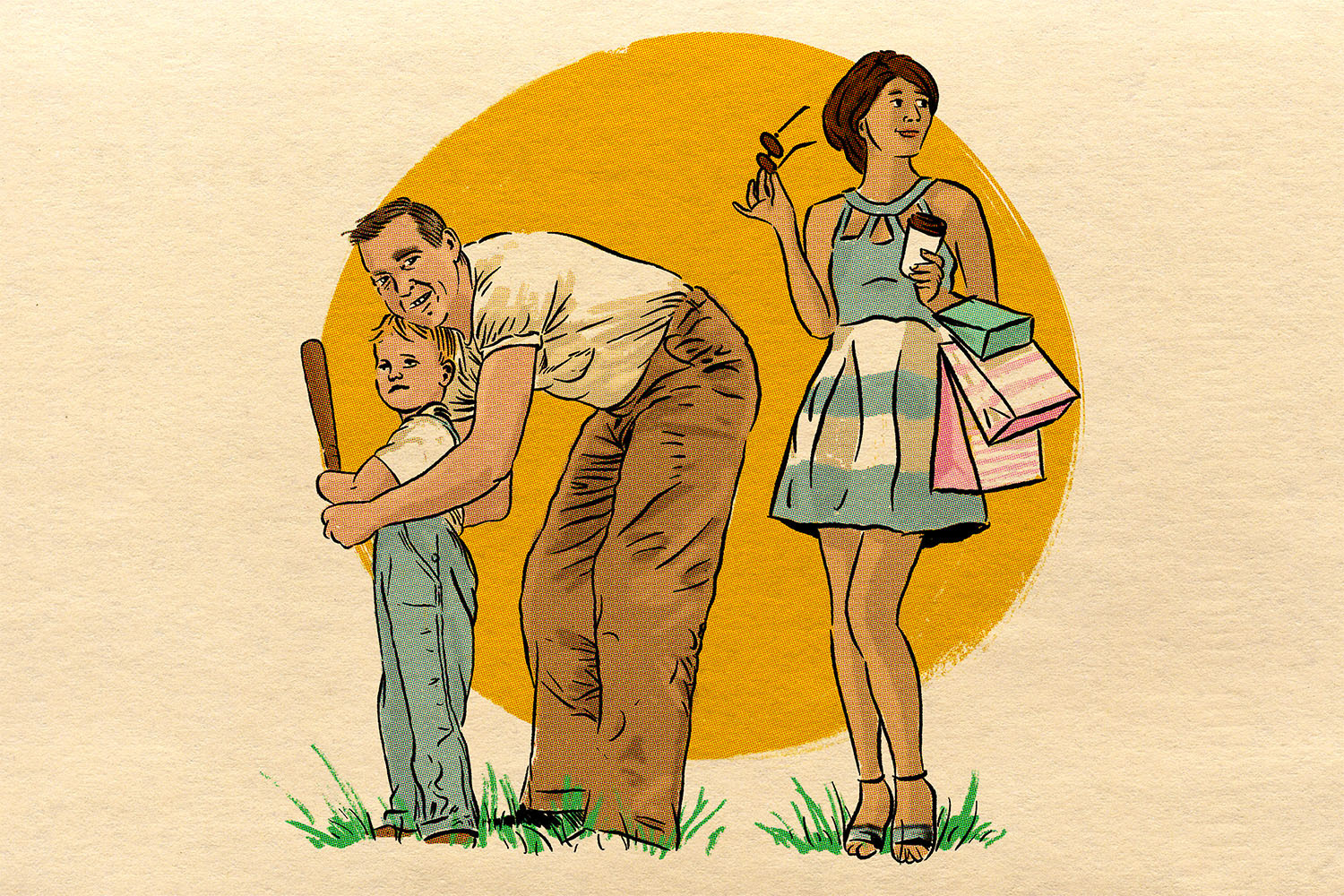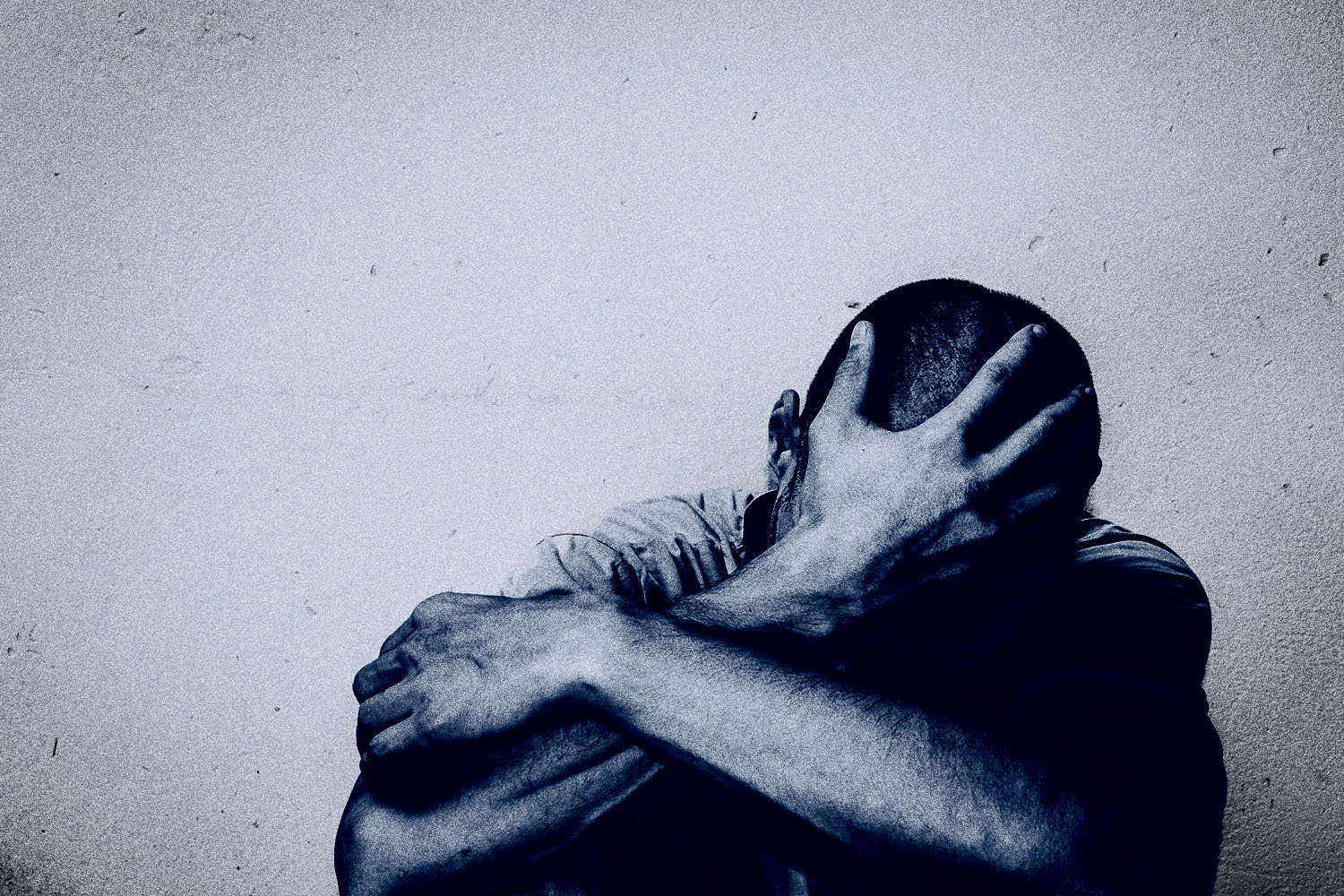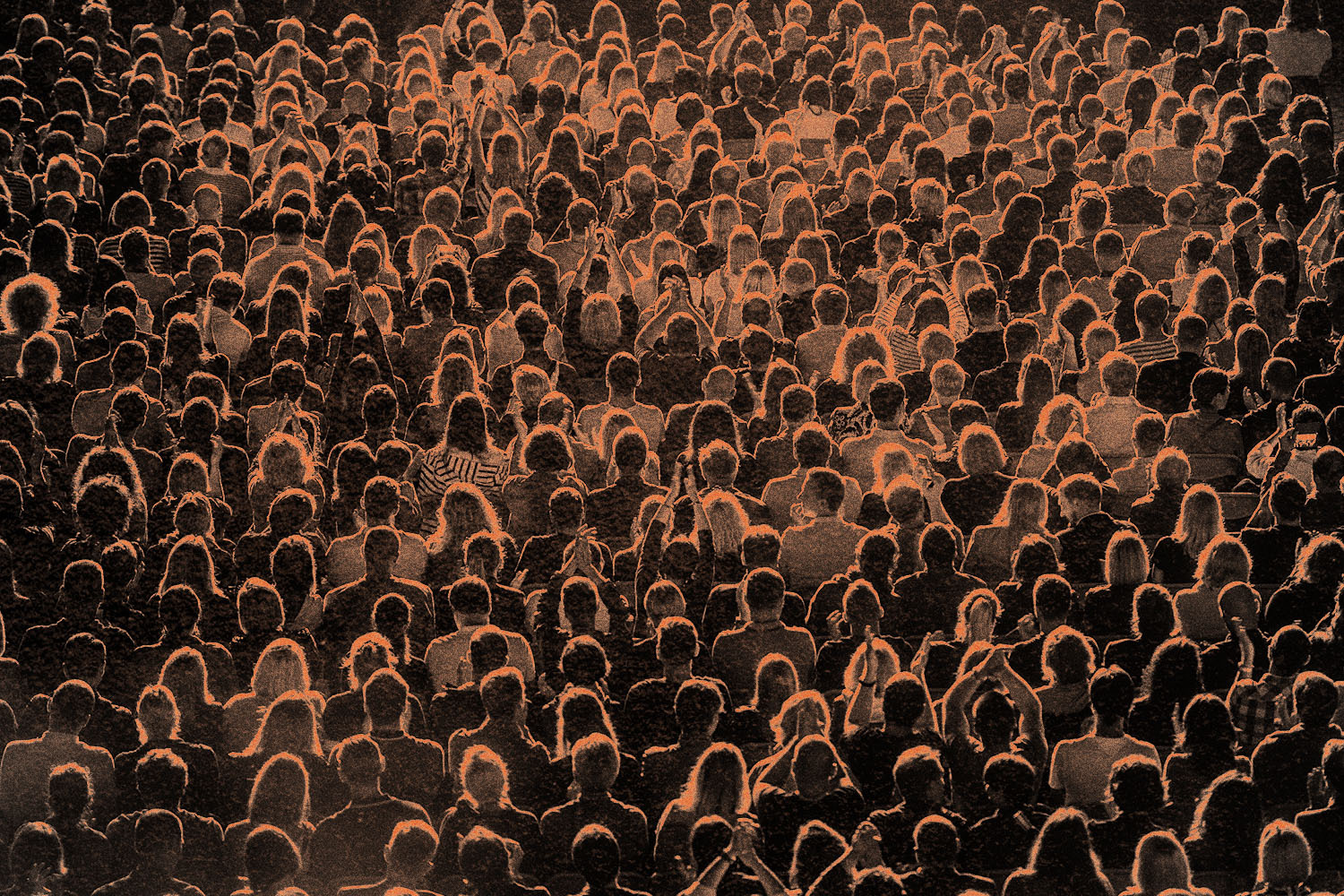Recent research has found anxiety in new fathers is appreciably more prevalent than what is commonly being reported. A 2020 study published in The Journal of Psychosomatic Obstetrics & Gynecology by researchers from the University of Colorado found anxiety in men during the perinatal period (which includes pregnancy through the first year of postpartum) was 11% — a percentage drastically higher than prior reports, which found anxiety during this period in men was under 4%. This new research even puts anxiety rates among new fathers considerably higher than the global World Health Organization regional prevalence rates.
“It’s a real problem, frankly, that we’re not talking about it,” Erin O’Callaghan, a licensed psychologist and director of therapy at Brightside, a telehealth service with a primary focus on anxiety and depression, tells InsideHook.
Historically, there has been an expectation put on men that, in order to preserve their identity as a capable, masculine man, they must bury any feelings of fear, worry or anxiety about becoming a parent even though, as O’Callaghan notes, it’s “one of the most life-changing events that anyone could go through.” And it’s one that comes with financial and relationship stressors, along with work/life challenges that can induce this type of anxiety.
Considering postpartum depression and anxiety in new mothers has only relatively recently become a topic of real concern, it’s unsurprising but also unfortunate that postpartum anxiety in new fathers is rarely discussed. Like men’s friendship crisis, cultural norms and toxic masculinity have prevented most men from confiding in each other or admitting that they’re suffering from anxiety or depression after having a baby, despite its growing ubiquity.
“What I can tell from my work with men in therapy at Brightside is that this is not even something they’re really talking about amongst themselves, or admitting to one another,” says O’Callaghan. “There’s a lot that can be done in society to really show men that it’s okay to be worried and to have a lot of feelings of uncertainty or concern about becoming a new father. That’s a big deal.”
Additionally, the COVID-19 pandemic has only exacerbated anxieties in new parents. Particularly at the beginning of the pandemic, the ability to socialize with other parents, along with having physical support and external assistance in the home, which can be critical for new parents, was extremely limited.
“When it comes to new parents, not having as much of that instrumental support where somebody, like a grandparent, is coming to the home, helping take care of the newborn while the parents take a nap or take a shower or drive around the block and get a break for 10 minutes.”
O’Callaghan also notes that new fathers are not allocated enough time off for parental leave, which only fuels anxieties around work/life balance and feelings of inadequacy. “They maybe get two or three weeks off to connect with their newborn. And that’s really not much time if we think about it, it’s kind of crazy,” says O’Callaghan. “We don’t get enough time as mothers either, of course, but men get even less.”
How postpartum depression and anxiety manifests in men
In therapeutic settings, O’Callaghan explains men often identify fatherhood as one of the stressors in their lives, whether it’s the early stages of having a newborn in the home, the experience of becoming a parent for the first time or “parenting burnout.”
“There’s a lot of unique stressors that men face in particular,” O’Callaghan says, noting for example, that if their partner or baby has medical complications, “men are the father figure at that point.”
“The father is really put into a space of ‘I have to take care of my partner. I have to take care of my new baby. I have to take care of myself.’ And all of these things are being juggled in the air,” she explains.
New fathers often experience racing thoughts of worry, anxiety and fear. “This is probably one of the biggest symptoms that I see with fathers who are having anxiety with being a new parent. These thoughts could be, ‘I’m not good enough. I can’t believe I’m going through this.’ Or, ‘Am I going crazy? I can’t focus on my work,’ or, ‘I’m having difficulty sleeping at night because these thoughts are interfering with my everyday life,”’ O’Callaghan says.
Having irrational fears about their baby’s health or their partner’s health can also be a trigger of anxiety in new fathers. “Thinking about worst-case scenarios, like, ‘Oh, my gosh, my baby’s sniffling. Do they have COVID?’ or ‘Do they have cancer?’ Really kind of jumping to conclusions and having these thoughts that are really not realistic — the chances are your baby’s going to be fine. So let’s look at what really is happening here and take a moment to pause.”
So what can we do about it?
For fathers experiencing anxiety, or for expectant fathers worried about postpartum anxiety, there are a few steps they can take.
“For example, staying involved with any sort of prenatal care appointments with their partner and being involved at any educational workshops they could go to about taking care of their baby,” says O’Callaghan. Further, planning in advance for additional support, family members or external help is imperative within the first few months of the baby’s arrival. “They will need help,” stresses O’Callaghan “They’re going to be sleep deprived on top of the fact that they may be feeling higher levels of anxiety and stress than ever before.”
Also, talk to your bros.
“Talk to friends that are already parents or people in your life that you trust,” she adds. “And this isn’t something that men typically gravitate towards, as we know. A problem with men, in general, is sort of suppressing emotions and avoiding them. This can be done by literally trying to put it out of their heads and pretend it doesn’t exist, but it can also be done in unhealthy ways like alcohol abuse or misuse, for example.”
O’Callaghan explains that teaching men healthy coping strategies from a young age (relaxation strategies, listening to music, etc), along with encouraging them that it’s perfectly fine to feel anxious, worried or scared, can help alleviate embarrassment, stress and even encourage men to seek help from friends, their partner or a professional.
“Really helping men know that it’s okay to talk to their friends about stress and their worries. It’s not a weakness. It’s really just a part of human life when we go through major life events, like becoming a parent.”
And when it comes to helping yourself, the best thing you can do is to seek a higher power (a trained professional.)
If anxiety is impacting your life in a serious way — affecting your eating or sleep habits, the quality of your relationships or interfering with work — or you find yourself experiencing panic attacks, O’Callaghan recommends seeking mental health treatment. “It definitely will help you feel better quicker, and you can actually learn to develop specific coping strategies that will help you throughout your life. There are lots of scientifically proven methods and coping strategies that therapists can teach new dads to help decrease their symptoms.”
Whether you’re looking to get into shape, or just get out of a funk, The Charge has got you covered. Sign up for our new wellness newsletter today.
